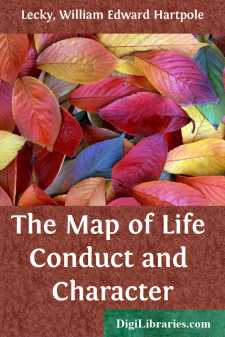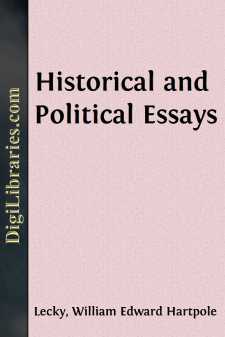Categories
- Antiques & Collectibles 13
- Architecture 36
- Art 48
- Bibles 22
- Biography & Autobiography 813
- Body, Mind & Spirit 142
- Business & Economics 28
- Children's Books 17
- Children's Fiction 14
- Computers 4
- Cooking 94
- Crafts & Hobbies 4
- Drama 346
- Education 46
- Family & Relationships 57
- Fiction 11829
- Games 19
- Gardening 17
- Health & Fitness 34
- History 1377
- House & Home 1
- Humor 147
- Juvenile Fiction 1873
- Juvenile Nonfiction 202
- Language Arts & Disciplines 88
- Law 16
- Literary Collections 686
- Literary Criticism 179
- Mathematics 13
- Medical 41
- Music 40
- Nature 179
- Non-Classifiable 1768
- Performing Arts 7
- Periodicals 1453
- Philosophy 64
- Photography 2
- Poetry 896
- Political Science 203
- Psychology 42
- Reference 154
- Religion 513
- Science 126
- Self-Help 84
- Social Science 81
- Sports & Recreation 34
- Study Aids 3
- Technology & Engineering 59
- Transportation 23
- Travel 463
- True Crime 29
William Edward Hartpole Lecky
William Edward Hartpole Lecky (1838–1903) was an Irish historian and essayist known for his works on European history and moral philosophy. His most famous works include "A History of England in the Eighteenth Century" and "History of European Morals from Augustus to Charlemagne," where he examined the evolution of social, political, and ethical standards. Lecky was also a member of Parliament, advocating for Irish home rule. His writing is noted for its thorough research, liberal perspective, and focus on intellectual and moral progress in society.
Author's Books:
Sort by:
CHAPTER I One of the first questions that must naturally occur to every writer who deals with the subject of this book is, what influence mere discussion and reasoning can have in promoting the happiness of men. The circumstances of our lives and the dispositions of our characters mainly determine the measure of happiness we enjoy, and mere argument about the causes of happiness and unhappiness can do...
more...
THOUGHTS ON HISTORY I do not propose in this paper to enter into any general inquiry about the best method of writing history. Such inquiries appear to me to be of no real value, for there are many different kinds of history which should be written in many different ways. A diplomatic, a military, or a parliamentary history, dealing with a short period or a particular episode, must evidently be treated...
more...



